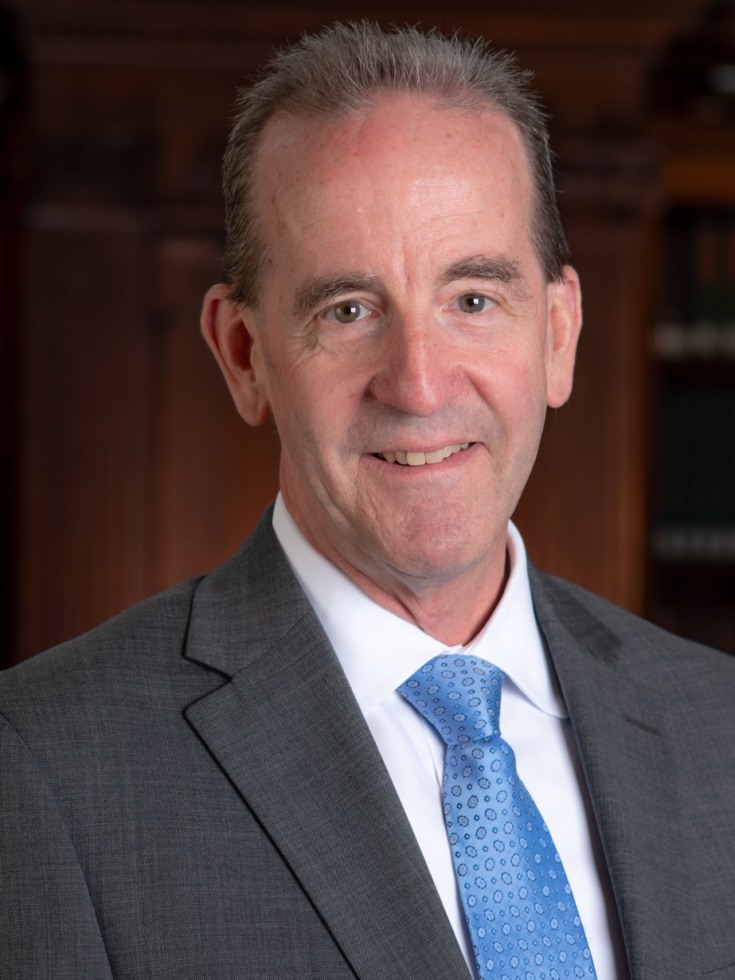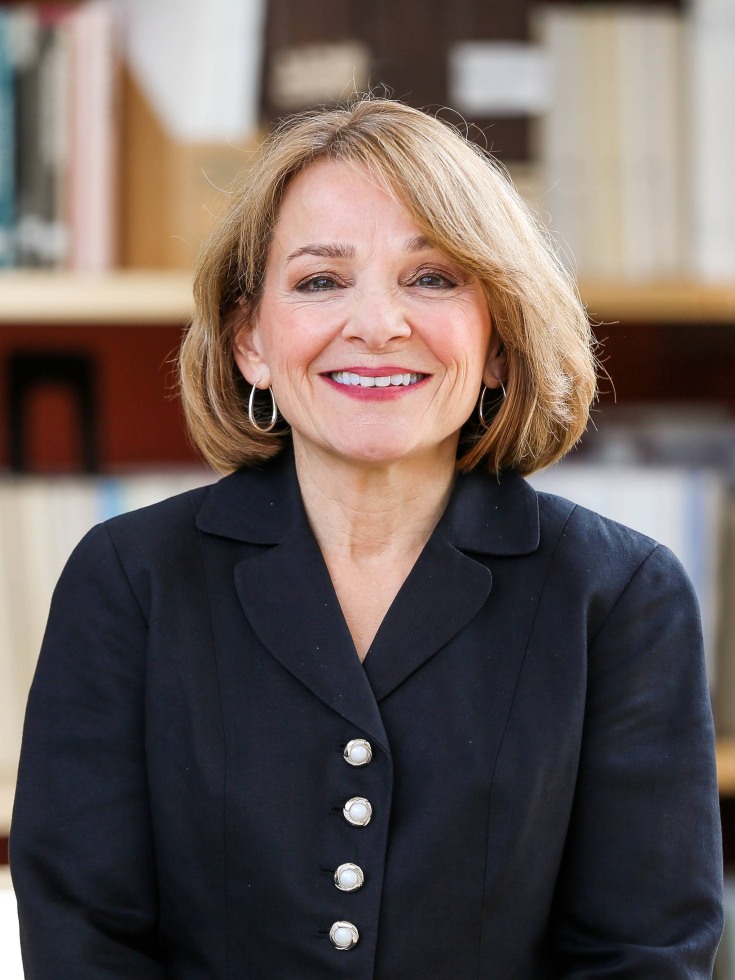PROVIDENCE, R.I. [Brown University] — Brown University will create a new School of International and Public Affairs to expand and strengthen research and teaching on the world’s most pressing economic, political, social and policy challenges.
During its May 2024 meetings, the Corporation of Brown University approved the establishment of the new school, effective July 1, 2025. The approval initiates a yearlong strategic planning process necessary to formalize academic programming, operating structures and leadership. The approval follows years of planning and development during which the University has expanded research expertise, education and academic initiatives in international and public affairs.
The new school will educate students at the undergraduate and graduate levels, supported by faculty from a wide range of academic disciplines. It will serve as the home for Brown’s esteemed master of public affairs program as well as Brown’s undergraduate concentration in international and public affairs, which currently enrolls more than 300 students.
“The School of International and Public Affairs will provide graduates with deep knowledge of policy and highly developed analytical skills that will enable them to serve their communities, the nation and the world,” Brown University President Christina H. Paxson said. “Integrating study and practice is critical to confronting policy and social issues during a time of momentous global challenge, and a scholarly practice rooted in this approach has fueled Brown’s growth in international and public affairs, positioning us for this transformational next step.”
Brown’s commitment to the study of international relations and public policy spans more than four decades, driven by the work of the Watson Institute for International and Public Affairs, which was founded in the waning days of the Cold War. The institute will transition into the School of International and Public Affairs, with faculty, staff and scholarly activity from the institute forming the bedrock of the new school.

